Welcome to our first AT Village newsletter!
March 28, 2021: Results of Therapist Survey about Durable Medical Equipment
Thank you to everyone who completed our Pediatric DME survey! In January we sent an email survey to over 800 pediatric therapists in Central New York. Over 280 therapists responded! We got plenty of useful information! The results of this survey are summarized below and will be used to guide the AT Village project.
Most of us share the same frustrations and concerns about getting DME for our clients. It is clear that we all want more information and education about the DME process. Our team is working on solutions to the concerns that were identified by the survey. In the coming year we hope to provide you with useful and concise information that you can apply to your practice.
We have launched a web resource called AT Village (www.atvillage.org). We also plan to host quarterly workshops for therapists and families that we will share as blog posts on the AT Village website.
Sincerely,
AT Village Team
AT Village is a web resource that was launched in 2021 by the Golisano Center for Special Needs at SUNY Upstate Medical University in Syracuse, New York.
Our mission is to help the kids and families we serve to get Durable Medical Equipment (DME) and other Adaptive Technologies (AT).
Our vision is to make the AT process a positive experience and to build community.
Visit AT Village Community Solutions for Adaptive Technology!
Pediatric DME Survey Results
Approximately 35% of therapists that responded were speech therapists, 30% were physical therapists, and 26% were occupational therapists. Other respondents included special education teachers, administrators, and program directors.
2. The majority of those who responded to this survey work in a school-based setting (83%). Twenty percent of therapists work in Early Intervention and the remainder of those who responded work in home care, in a private practice, or within the hospital system.
3. Communication devices were the most frequently recommended piece of DME. This correlates with the large number of speech therapists who responded to this survey. Occupational therapists also reported assisting families with obtaining this equipment.
Wheelchairs, standing frames, activity chairs and gait trainers followed communication devices as the most recommended DME.
16% of therapists report recommending bath/toilet chairs.
10% reported recommending car seats, beds and home modifications.
In addition, therapists reported recommending additional items such as adaptive utensils, various sensory integration and oral motor equipment, adapted strollers, orthotics, adapted tricycles, hand splints, walkers, equipment specific to ADL’s and other assistive technology.
4. There were 139 people who would like to learn more about communication devices and 102 people who would like to learn more about activity/stationary chairs. Therapists also expressed interest in learning about wheelchairs, gait trainers, home modifications, standing frames and car seats.
5. Therapists report having the most experience with communication devices, then wheelchairs, gait trainers and standing frames. Therapists reported having the least amount of experience with car seats, adaptive beds and home modifications.
6. Limitations with obtaining DME for our clients were ranked as follows:
1) Obtaining equipment for trial
2) Time to write the letter of medical necessity
3) Communication with insurance companies
4) Therapist knowledge of equipment
5) Therapist familiarity with process to obtain equipment
7. Over half of the therapists who responded to our survey reported they do not use local loan closets (57%). Of those who do use loan closets, the TRAID Program is typically used. The following agencies were mentioned: Enable/AccessCNY, STIC, AIM, Southern Tier Independence Center and BOCES programs.
8. There were 82 therapists who report considering power mobility for a child and 52 therapists report being successful in getting a power wheelchair. It is unclear from our survey whether power mobility was approved through insurance or just for trial.
9. Most therapists who responded report that power mobility should not be considered by age, but rather by whether the child is cognitively appropriate for a power wheelchair.
10. Suggestions made by survey respondents for how to improve access to DME included:
Vendor coverage to Lewis County
Trialing equipment
Education/information online, what is available, educate families on equipment, newsletters to educate clinicians
Assistance with funding
Webinars
Less push back from insurance
Loan closets with inventory
Less paperwork
Facebook group to share ideas
Clinics for equipment
Decrease wait time for modifications
Mentorship to support clinicians who have less experience
Education regarding what data you need to prove the child needs the equipment for insurance companies
Educating care managers
In April we will host a working group meeting via Zoom to plan next steps based on the information you provided. We will be sure to update you in our next newsletter! Thank you again for taking the time to participate in the DME survey!








